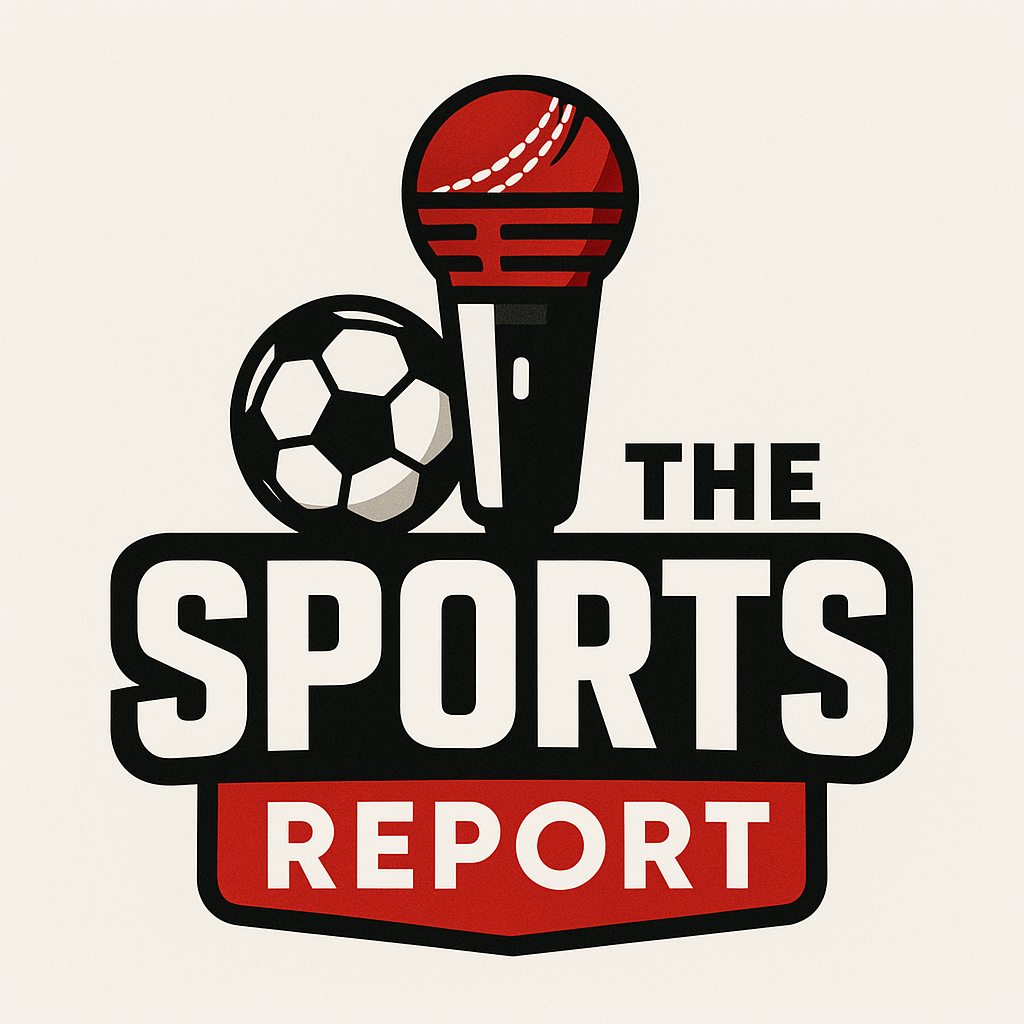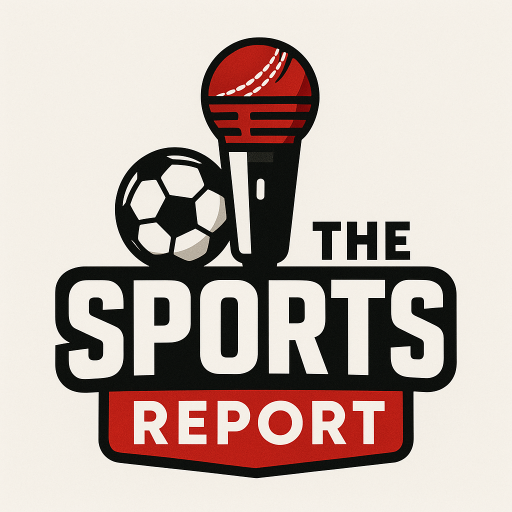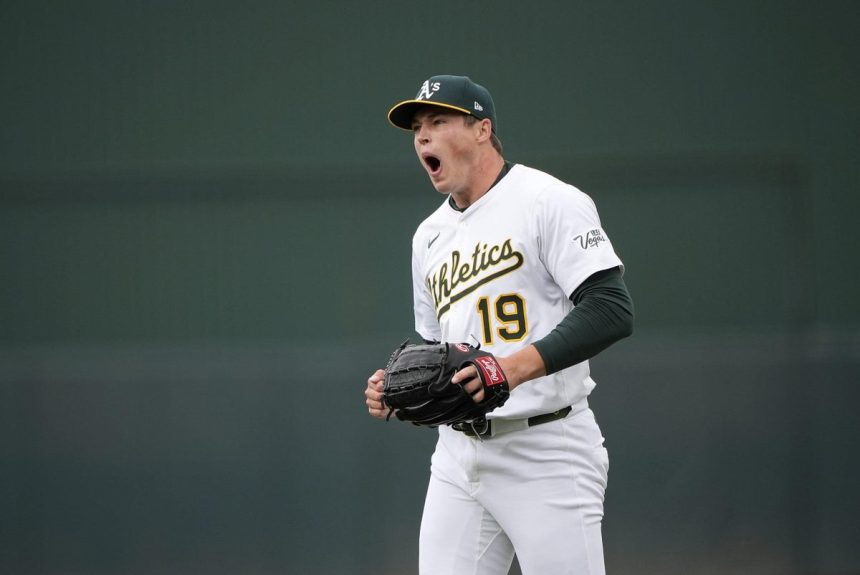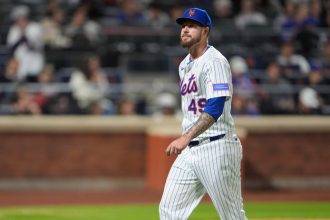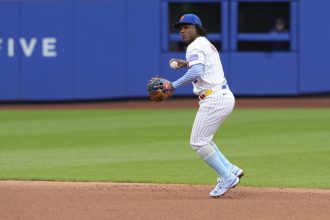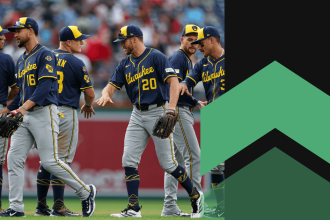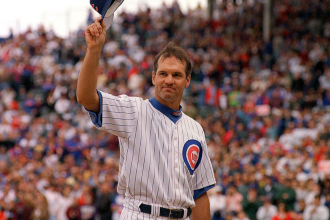In a frantic conclusion to the 2025 MLB trade deadline, teams rushed to make moves that could reshape the landscape of the league. Over the span of just 24 hours, significant trades unfolded, including Mason Miller joining the Padres and Carlos Correa returning to the Astros.
With the dust settling, it’s time to categorize all 30 MLB teams into three key groups: Winners, Losers, and Snoozers. Winners are those who successfully met their needs through shrewd trades. Losers are teams that either overpaid, misjudged the market, or made inconsequential moves. Snoozers simply missed out.
**Winners**
**Baltimore Orioles**
Despite entering the season with hopes for a World Series, the Orioles found themselves as significant sellers by July. General manager Mike Elias capitalized on a stockpile of impending free agents, making decisive trades that could benefit the team in the future, though it’s a bittersweet victory amid a disappointing season.
**Colorado Rockies**
The Rockies took a step back and behaved like a typical struggling team during the trade deadline by selling key players. Their decision to offload Ryan McMahon, Jake Bird, and Tyler Kinley has earned them praise, especially with the intriguing prospects they received in return, including Roc Riggio—a name that promises excitement for the fanbase.
**Houston Astros**
Carlos Correa made a surprising return to Houston after a series of unusual circumstances since his last stint. His move, which involved the Twins covering $30 million of his contract, could pay off for the Astros as they bolster a team that has exceeded expectations this season.
**Kansas City Royals**
The Royals made prudent moves by extending pitcher Seth Lugo instead of putting him on the trade block. They also added several players who can contribute immediately, improving their chances without overhauling the roster.
**New York Mets**
The Mets made strategic trades, acquiring top rental relievers Ryan Helsley and Tyler Rogers without major sacrifices to their farm system. They also added outfielder Cedric Mullins, aligning with owner Steve Cohen’s vision for a more competitive club.
**New York Yankees**
Brian Cashman effectively upgraded the Yankees in multiple aspects, trading away catching prospects to enhance the big-league roster. The team’s pickups of Ryan McMahon and relief pitchers David Bednar and Jake Bird could prove vital to their postseason aspirations.
**Philadelphia Phillies**
Addressing their need for a closer, the Phillies acquired Jhoan Duran, known for his strong performances since entering the league. With a powerful starting rotation and seasoned hitters, Duran could be the final piece for a postseason push.
**San Diego Padres**
Another bustling trade deadline occurred for the Padres, with A.J. Preller making bold moves to enhance the team’s immediate chances. The focus on improving the current roster has them in contention to make a significant playoff impact.
**Seattle Mariners**
Demonstrating urgency, the Mariners landed two high-impact corner infielders, showing a clear intent to address lineup deficiencies without depleting their farm system.
**The Athletics**
Though the A’s are typically seen as sellers, they shifted gears at this deadline, securing top prospect Leo De Vries in a trade for Mason Miller. This shrewd move positions them favorably looking forward.
**Losers**
**Arizona Diamondbacks**
The Diamondbacks made trades but failed to live up to expectations, particularly given their position in the standings. Their moves raised questions about whether they should have pursued a more aggressive strategy instead of simply rebuilding.
**Chicago Cubs**
The Cubs entered the deadline with potential yet exited with only modest acquisitions. Their conservative approach—choosing not to deal top prospects—left them without significant improvements.
**Cincinnati Reds**
While the Reds acquired a notable defensive third baseman in Ke’Bryan Hayes, the overall trade value felt lacking, especially with their need for offensive reinforcement still unmet.
**Detroit Tigers**
Despite a flurry of trades, the Tigers focused too much on depth rather than addressing critical gaps in their roster, particularly in their lineup and late-inning relief.
**Los Angeles Angels**
The Angels’ inactivity at the trade deadline raises doubts about their direction. Their efforts to acquire aging relievers signal a lack of ambition for a team out of postseason contention.
**Los Angeles Dodgers**
The Dodgers had a muted deadline, where their trades barely scratched the surface of addressing more significant issues within their roster, leading to concerns about their competitiveness moving forward.
**Minnesota Twins**
A complete roster overhaul defined the Twins’ actions, trading away key players. While prospects were gained, their long-term strategy seems uncertain as they rebuild from a weakened foundation.
**Pittsburgh Pirates**
General manager Ben Cherington’s strategy to improve the 2026 roster resulted in a lack of impactful additions this season, raising concerns about their immediate future and competitive viability.
**St. Louis Cardinals**
The Cardinals’ decision to hold onto closer Ryan Helsley backfired, as they failed to secure a substantial return for him, worsening their current standing.
**San Francisco Giants**
Once seen as contenders, the Giants pivoted dramatically, opting to sell off key players without making sufficiently impactful trades in return.
**Toronto Blue Jays**
The Blue Jays settled for less impressive relief pitchers and did not leverage better trade opportunities, potentially missing a chance to strengthen their already successful season.
**Snoozers**
**Atlanta Braves**
Despite being expected to shake things up, the Braves took a quiet approach at the trade deadline, not making significant moves to address a struggling campaign.
**Boston Red Sox**
The Red Sox made some moves to improve their pitching but failed to capitalize on their recent surge, leaving the squad without considerable reinforcements.
**Chicago White Sox**
With a lack of action, the White Sox seem stuck in limbo, delaying further decisions until the future, which could hamper their progress.
**Cleveland Guardians**
The Guardians executed a singular but effective deal trading Shane Bieber but missed broader opportunities to enhance their lineup. However, their return shows promise.
**Miami Marlins**
While maintaining their core pitchers proved a wise decision, the Marlins’ lack of trades may not capitalize on current momentum as they remain competitive in the wild-card race.
**Milwaukee Brewers**
The Brewers traded sparingly, leaving many questioning their strategy amid a strong divisional lead, as the team now balances depth with ambition.
**Tampa Bay Rays**
With a lack of impactful trades, the Rays missed more lucrative options and opted for minimal changes in a season of struggles.
**Texas Rangers**
While the Rangers remain a strong team, their minimal additions during the trade deadline may dilute their chances, placing them in a gray area between winning and stagnating.
**Washington Nationals**
With limited assets to trade, the Nationals’ new leadership made minor adjustments, signaling a long rebuild ahead as they seek a brighter future.
